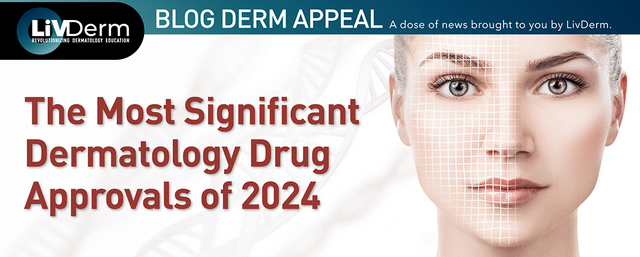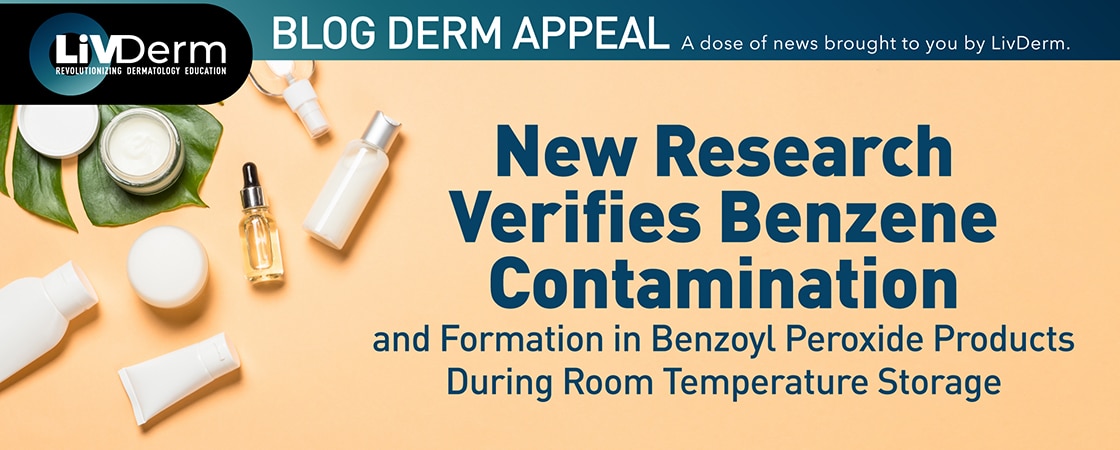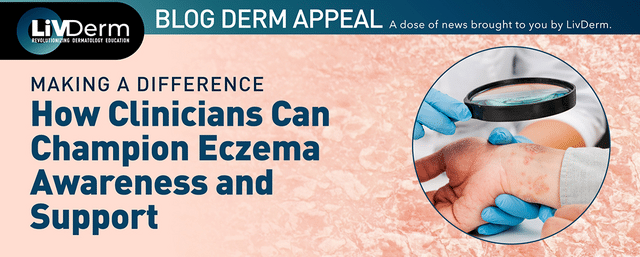Data from two clinical trials revealed that retinol-containing topical neck cream significantly improved signs of aging by reducing lines, wrinkles, and crepiness.

During the first trial, researchers focused on evaluating clinical efficacy. Data was collected through clinical assessment, subject questionnaires, ultrasound imaging, and digital photographs. A total of 50 women aged 40 to 60 years underwent this trial during a period of 16 weeks.
Participants applied the cream from their jawline to décolletage once daily for the first week and then increased this to twice daily for the remainder of the study.
Researchers evaluated the signs of aging on the neck at baseline and then again at week 4, 8, 12, and 16 visits. Their grading parameters included fine lines, wrinkles, visual crepiness, visual and tactile smoothness, firmness, elasticity, lifting, and skin tone evenness. Tolerability visits were also conducted at baseline weeks 1 and 2 and monthly visits in order to monitor any potential skin irritation or adverse effects.
Photographs were taken at each visit providing both a center view and a side view (90° left and 90° right). Ultrasound imaging was also performed on each of the participants’ submental area approximately midway between the earlobe and chin. Additionally, participants were asked to complete self-assessment questionnaires based on product performance at baseline after in-clinic product application and weeks 4, 8, 12, and 16 visits.
The second study focused on biomarker analysis through skin biopsy and assessed the results of 11 women aged 55 to 75 years who completed the study over 12 weeks. Biopsies were taken from the left side of the neck at baseline and from the right side of the neck at week 12.
The results of the trial indicate that the “topical neck cream was effective in improving skin conditions on the neck when used over the course of 12 or 16 weeks by women with mild to moderate signs of neck aging.” Over 80% of the participants showed improvement with a mean change from approximately 15% for lines, wrinkles, firmness, elasticity, and lifting, to approximately 30% for crepiness and smoothness.
In relation to product-related adverse events (AEs), approximately 30% of the participants experienced some skin irritation and the majority of them had their product use modified and went on to complete the trials. Most of the irritations were mild in nature.
The results of the self-assessment questionnaires demonstrated that participant responses were favorable at weeks 4, 8, 12, and 16, with a total of 75%–95% of all participants reporting benefits from the product.
Looking at the results of the ultrasound imaging, researchers found that there was a significant reduction in adipose tissue area and thickness, which could potentially change skin structure and improve the appearance of neck sagging.
Researchers concluded that the study “demonstrated the novel topical neck cream worked well for combating aging attributes associated with the neck region, thus providing a new option for the treatment of neck aging. Additionally, further clinical testing demonstrated the neck cream can potentially serve as a complement as part of an integrated skincare regimen post-procedure.”















